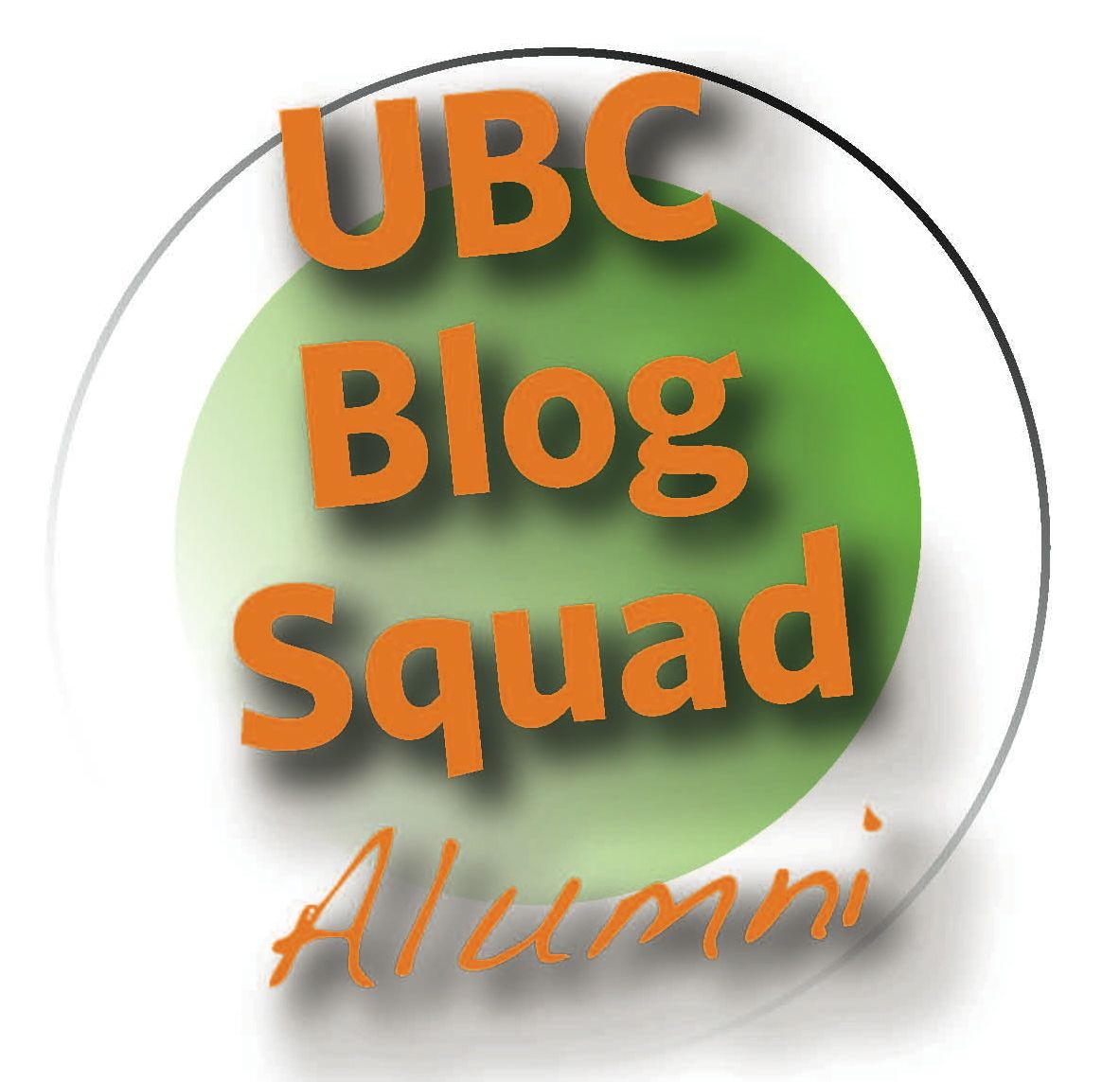As you probably already know, UBC’s Student Leadership Conference (SLC) was this past weekend. I’m not going to go into all the details of the day, because there’s no way I do a better job saying all the things the speakers I listened to said on Saturday. What I will say is that it’s a must-do-at-UBC-before-you-graduate experience, it’s very motivational and inspiring, and I’m going to share a few of my own thoughts after listening to the very wise keynote speakers and presenters.
It seems to me that all great leadership starts with passion. Passion makes all the work that goes along with accomplishing something seem like play, and passion inspires your team mates to do their best and get passionate about the project as well. Without passion, you can still get stuff done but it won’t be as invigorating and satisfying and may even bring you down rather than lift you up.
After attending the SLC, I thought about my own leadership, or lack thereof. I am definitely involved on campus, but I haven’t started any huge initiative or headed projects. Maybe that means I lead in small ways, by example, maybe, rather than in a group-project setting. Well, I don’t know. I think that I haven’t really found my leadership yet; more to the point I haven’t found my passionyet.
Yes, yes, I am passionate about music. But at times I don’t feel particularly passionate about the way I’m applying my skills in music while being constrained by degree requirements. I have my own goals and ideas that I think I will be very passionate about, when I actually get the chance to implement them. I’ve already started on some of them (such as making arrangements and making videos on Youtube), but a lot of my musical life is consumed by school, even in the summer and holidays.
I am not inspired by writing papers, and generally I’m not inspired by lectures. I am smothered by the general atmosphere of the classical music world that I feel seems to say, “If you make a wrong note, you’re worthless.” Playing in the orchestra isn’t exactly my jam.
This isn’t to say that I’m not enjoying my time at UBC, but I do look forward to when I graduate and can freely explore my passions on my own time. And although we all strive to better ourselves, become better people and better leaders, we don’t have to have everything figured out right now. Don Alder, a guitarist and friend of Rick Hansen who I listened to on Saturday said, “I can’t tell you how to be a great leader. I’m still figuring that out myself.” So I’m not too concerned about not being the next “Faces of Today” award recipient right now. My passion, and my opportunity to lead and become a great leader will come with time.

 That's me! I'm a fourth year, introverted, Winnipeg-hailing, blog-writing, cookie-eating, harp-playing, yoga-doing, blanket-knitting music student at UBC. I'm always trekking around campus in my Pumas and massive black backpack, and if you spot me, come say hi! It would be nice to know someone actually reads these things!
That's me! I'm a fourth year, introverted, Winnipeg-hailing, blog-writing, cookie-eating, harp-playing, yoga-doing, blanket-knitting music student at UBC. I'm always trekking around campus in my Pumas and massive black backpack, and if you spot me, come say hi! It would be nice to know someone actually reads these things!